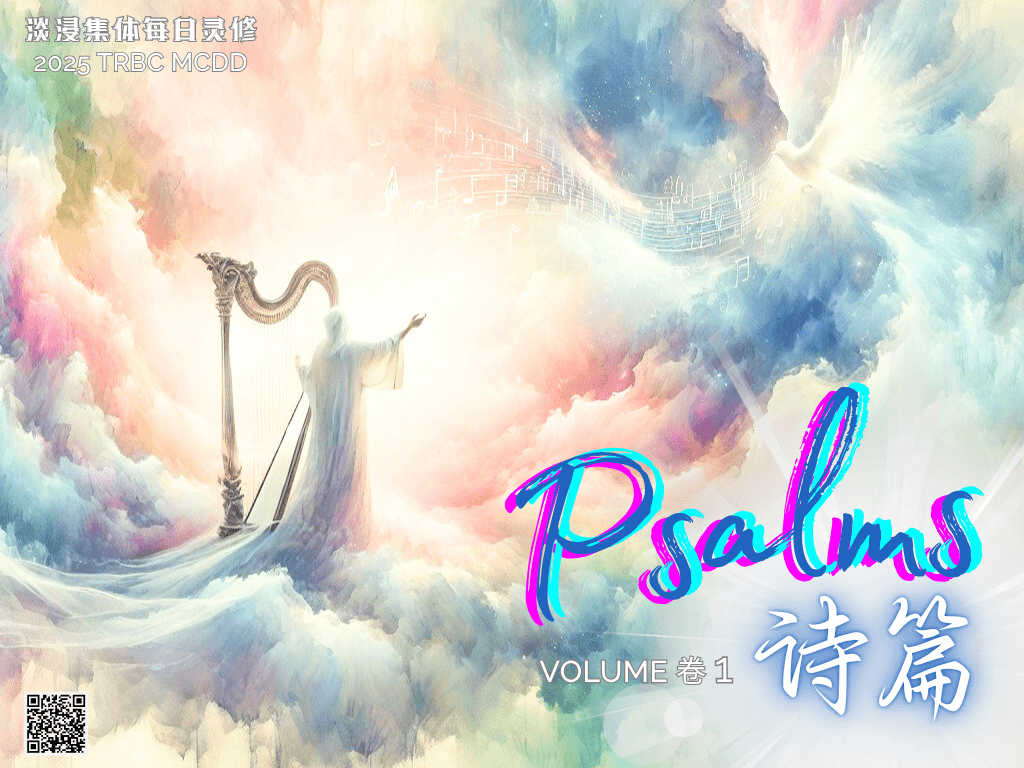Last 5 Days

Rebuke me O Lord, but do not forsake me

Click here to read Ch38
Psalm 38 is one of the seven penitential psalms, or Psalms of Confession (Psalms 6, 32, 38, 51, 102, 130, and 143). These psalms have traditionally helped believers express sorrow for sin and seek God’s forgiveness. There are times when the weight of our sin feels unbearable—when guilt clings like a heavy fog and our conscience cries out for relief. Psalm 38 is the desperate cry of a heart fully aware of its guilt.
David, the author, felt crushed by the burden of sin and overwhelmed by God's wrath expressed through His discipline (v.1). David sensed God’s displeasure not only spiritually—it may have also manifested physically, perhaps in the form of illness or injury.
“There is no soundness in my flesh… no health in my bones because of my sin.” (v.3)
This discomfort is expressed poetically as heavy burdens (v.4) and festering wounds (v.5). In verse 7, he writes, “My sides are burning.” This could be due to physical ailments—perhaps kidney-related issues—or it might be the emotional anguish of a soul burning under the refining fire of God's discipline. David wasn’t just afflicted; he was also isolated. “My friends and companions stand aloof from my plague, and my nearest kin stand far off.” (v.11) His enemies took advantage of his weakness, plotting against him (v.12). David felt completely alone—broken in body, abandoned by people, and burdened with guilt.
And yet, beneath his anguish, David did not run from God—he ran to Him.“O Lord, all my longing is before You; my sighing is not hidden from You.” (v.9) He laid everything before God—his wounds, sorrow, isolation, and suffering. He didn’t ask God to overlook his sin; instead, he pleaded for mercy, not escape. He accepted the necessity of discipline and acknowledged that rebuke was right. He was willing to repent. But what he feared most was not punishment—it was abandonment.
“Do not forsake me, O LORD! O my God, be not far from me!” (v.21)
This is the cry of a true believer: “Rebuke me, O Lord, if You must—but please, please, do not leave me.” Why? Because the Lord’s discipline is for those He loves—for the purpose of bringing His children back into His presence (Hebrews 12:6).“The Lord disciplines the one He loves, and He chastens everyone He accepts as His son.” God’s discipline is not meant to push us away—it’s meant to draw us closer and make us more like Christ.“Those whom I love I rebuke and discipline. So be earnest and repent.” (Revelation 3:19)
Dear brothers and sisters, as children of God, we have the greatest assurance: Jesus was forsaken at the cross—"My God, my God, why have You forsaken Me?"—so that we would never be forsaken. Though we may be rebuked, we are never rejected. Though we may feel broken, we are always beloved. If your soul is burning with conviction, or if God’s hand feels heavy—do not despair. That is not His wrath; it is His love at work.
Sin may lead us into the depths of sorrow, but grace leads us back to the heart of God. Psalm 38 shows us that even in the midst of divine discipline, we can turn to God—not just for relief, but for restoration. He welcomes the contrite heart. Let our prayer be like David’s—not that we would be spared from correction, but that we would never be separated from God’s presence. Rebuke us, Lord—but never forsake us.
Prayer:
Heavenly Father, I confess my sins before You. The weight of guilt is heavy, and I feel the ache of Your loving discipline. I know I deserve rebuke—but I plead with You, do not turn Your face from me. Restore to me the joy of Your salvation. Help me to see Your discipline as proof of Your love, and not as a sign of rejection. Thank You for Jesus, who was forsaken in my place so that I would never be abandoned. Draw me near in repentance, and renew me by Your grace. Amen.
